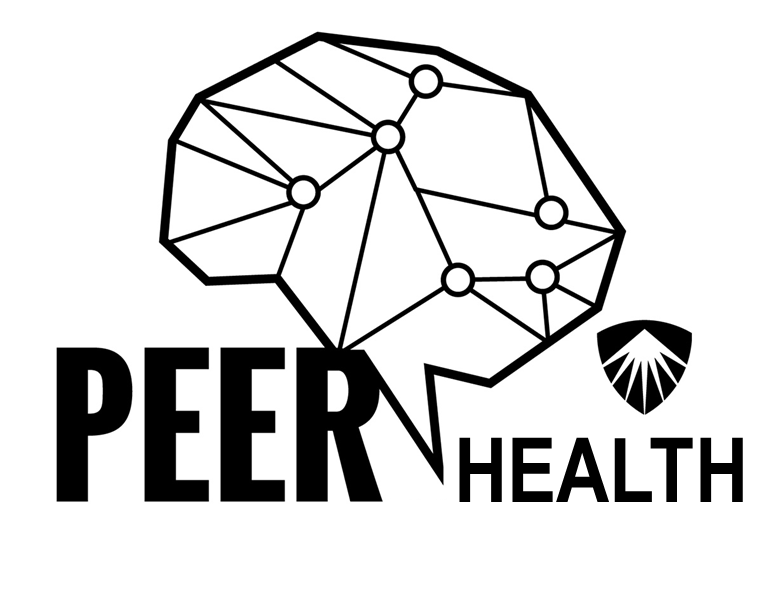A Journey Towards Wellness Through Cancer: One Student's Story
My life experience at Ambrose University has been bittersweet but much more of faith, hope, determination and interconnectedness. Pursuing post-secondary education is exciting for those who want to advance their learning, but not without many stressors. In May 2021, I was diagnosed with breast cancer, and it was the most challenging and distressing time for me. Amid the pandemic, doctors' appointments and treatments, I continued pursuing my studies. These stressors in our lives can prevent us from developing healthy habits. Before the diagnosis, my BHS program's academic pressure and time-consuming demands often did not permit time for self-care or any stress-reduction activities. Amazingly, the journey has given me renewed hope in my relationship with God and a greater awareness of the importance of wellness and self-compassion. I am now beginning to realize that it is vital and a necessity. To survive or succeed means cultivating habits and strategies that promote holistic wellness and well-being that encompasses the spiritual, physical, emotional, intellectual, occupational, social, financial, and environmental aspects of one's life.
Studying while facing a life-changing event has not made it easy to incorporate all the dimensions of wellness. I have to make a conscious effort every day to choose myself. It is choosing to maintain a positive mindset and reminding myself of the word of God over my life. Be mindful of making healthier choices such as developing a bedtime routine, having well-balanced nutrition, participating in physical activity, staying in touch with friends and loved ones and spiritual-based practices. Though I am still making those essential life changes, I am conscious that it is a continuous process, thus choosing me every day. The following statements about wellness have been an encouragement to me: "Wellness is not merely the absence of illness or distress – it is a lifelong process of making decisions to live a more balanced and meaningful life. There are always opportunities for enhancing your wellness." "Wellness is a holistic integration of physical, mental, and spiritual well-being, fueling the body, engaging the mind, and nurturing the spirit. Although it always includes striving for health, it's more about living life fully and is "a lifestyle and a personalized approach to living life in a way that… allows you to become the best kind of person that your potentials, circumstances, and fate will allow." "Wellness necessitates good self-stewardship, for ourselves and for those we care about and who care about us."
I had to acknowledge that the suffering I faced occurred through no fault of mine. Notwithstanding the difficult circumstances, I needed to practice self-compassion and continue making connections with others. Additionally, maintaining a rational thought process and avoiding any irrational sense of "why me?" - self-pity or feelings of isolation. Dr. Neff, a researcher on self-compassion, affirms that "difficult life circumstances are framed in light of the shared human experience, that one feels connected rather than disconnected from others when experiencing suffering." Research on self-compassion asserts several benefits of utilizing self-compassion as a self-care strategy. Self-compassion includes self-kindness, common humanity and mindfulness. Self-kindness is the ability to be gentle and understanding to yourself, particularly when facing difficult times. Common humanity acknowledges our sufferings and failings as part of the human experience. Mindfulness is the ability to be aware of feelings you are experiencing "without avoiding or over-identifying with them." These outcomes are "positively correlated with initiative, wisdom, life satisfaction, emotional intelligence, social connection, optimism, positive affect, and happiness, and negatively correlated with self-criticism, thought suppression, perfectionism, anxiety and rumination." The research suggests that compassionate individuals who practice more adaptive techniques than less compassionate peers will experience lower anxiety and depression. Furthermore, those who practise self-compassion boost their overall well-being both psychologically and physically.
My recovery is miraculous! Yet, I have not already attained, but I am committed to wellness. It will be an active process of growth and change to regain complete health and well-being. In other words, giving the diligence to pursue physical activities, engage in lifestyle changes, make wise choices, focus on a balanced diet and nutrition, and most importantly, follow spiritual-based practices, all of which lead to holistic health. In the future, I desire to volunteer at a cancer research centre or other organization to help others facing cancer - as I believe that when we help each other, we help ourselves in return. In addition to my plans is engaging in hobbies and newfound interests like a book club.
References:
Neff, K. D. (2011). Self-Compassion, Self-Esteem, and Well-Being. https://doi.org/10.1111/j.1751-9004.2010.00330
Nelson, J.R., Hall, B. S., Anderson, J. L., Birtles, C., & Hemming, L. (2018) Self–Compassion as Self-Care: A Simple and Effective Tool for Counselor Educators and Counseling Students. Retrieved from https://doi.org/10.1080/15401383.20171328292.
Princeton UMatter Wellness Self-Assessment. Retrieved from https://umatter.princeton.edu/sites/umatter/files/media/princeton-umatt…
Stoewen, D. L (2017). Dimensions of Wellness: Change your habits, change your life. Retrieved from https://www.ncbi.nlm.nih.gov/pmc/articles/PMC5508938

